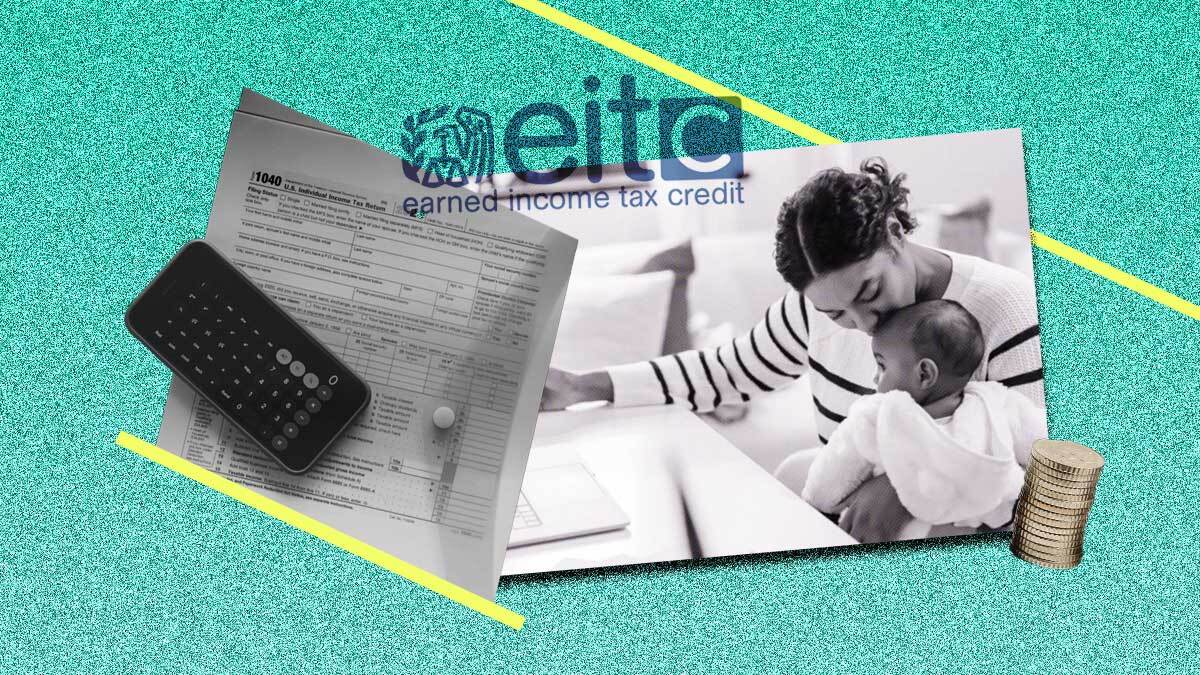Five Things Women Need to Know About Recovery Rebates and Economic Impact Payments

 April 15 is usually the deadline for filing tax returns, but due to the COVID-19 crisis, tax filing deadlines for the federal government and many states are delayed until July. Many people have started receiving direct payments—“recovery rebates” or economic impact payments—created by the CARES Act. These payments are worth a maximum of $1,200 per person ($2,400 for a married couple filing a joint tax return) plus $500 per child under age 17.
April 15 is usually the deadline for filing tax returns, but due to the COVID-19 crisis, tax filing deadlines for the federal government and many states are delayed until July. Many people have started receiving direct payments—“recovery rebates” or economic impact payments—created by the CARES Act. These payments are worth a maximum of $1,200 per person ($2,400 for a married couple filing a joint tax return) plus $500 per child under age 17.
Here are five things women need to know about these payments:
Many people don’t have to do anything to get their payments.
The IRS automatically processed payments for people who filed a 2018 or 2019 tax return. If people provided bank information on their tax returns, the payments went directly to those accounts. The IRS is processing direct deposits first.
In addition, people who receive Supplemental Security Income (SSI), Social Security or Railroad Retirement benefits will automatically receive rebate payments and don’t need to do anything further—unless they have children 16 and under whom they’d claim for the rebates.
But many people will have to take additional steps.
The IRS created a web application for people who usually don’t file tax returns to provide the information needed to receive these payments. This includes people who receive veterans’ benefits, or people whose incomes are too low to be required to file tax returns. If people don’t provide this information, or file a tax return, they will not receive the rebates.
People who did not put bank information on their 2018 or 2019 returns can provide the IRS with that information now, but they need to do so quickly. Otherwise, the IRS will send a paper check to the last known address on file with the IRS. The IRS will send a letter to that address once a payment is made, stating whether a direct deposit or paper check was sent.
People who filed their 2019 tax return already can’t change bank account information or their address for the rebates. People who filed 2018 returns and need to change their bank information or address need to file their 2019 tax return as soon as possible to make sure that information is current.
There may be help for people who need it.
The Volunteer Income Tax Assistance (VITA) program helps prepare tax returns for low- and moderate-income families (those with incomes of $56,000 or less). While physical VITA sites have closed due to the pandemic, some now provide online assistance. People can find VITA sites near them on the IRS website. And households may be able to access free tax software or forms through the Free File program.
People should beware of scams.
The IRS will never call, text, or email you—or reach out over social media—and ask for bank account information or personal information like a Social Security Number in connection with the rebates. Do not give your bank or personal information to anyone over the phone or email. The CFPB and IRS have more information about how to avoid scammers.
More must be done to make sure people who need direct payments receive them.
The recovery rebates left out many people who could benefit from direct payments—including children aged 17 and over, older children with disabilities, and relatives who are financially supported by family members and claimed as dependents on their tax returns. And immigrant households, where not all family members have work-eligible Social Security Numbers, are not eligible for recovery rebates in most cases. People who don’t file a tax return for 2018, 2019, or 2020 or provide information on the IRS’s web application will also not receive recovery rebates.
As people lose jobs and businesses shutter in the wake of COVID-19, one thing is clear: people are hurting economically. They need help now and they’re going to need help well into the foreseeable future. The IRS and policymakers should do everything they can to make sure women and families get the help they need.




